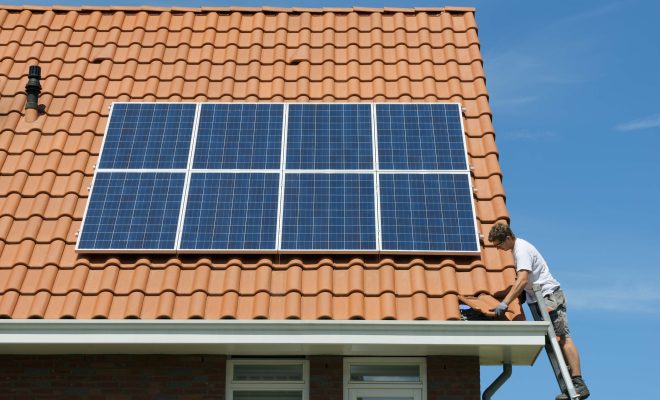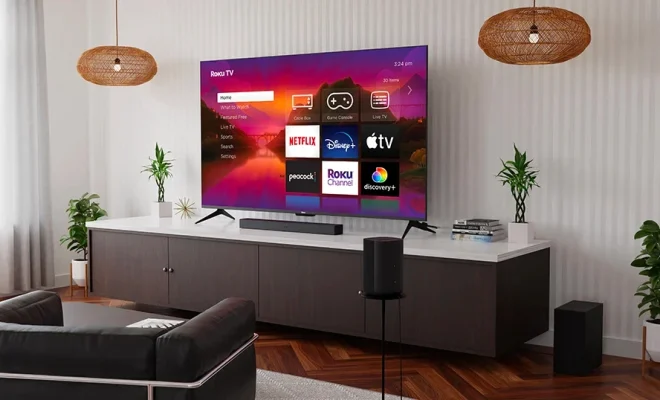How Your Solar Panels Work When the Sun Isn’t Out

Solar power has become an increasingly popular method of producing clean energy for households and businesses alike. As more people turn to renewable sources of energy, it’s important to understand how solar panels work not only during the day when the sun is shining but also when it isn’t. In this article, we’ll explore how your solar panels continue to function when the sun isn’t out, and ensure that you’re making the most of your investment.
Even on Cloudy Days
While solar panels are designed to capture sunlight and convert it into electrical energy, they don’t necessarily require direct sunlight to do so. Solar panels can still produce electricity on overcast and cloudy days. Although their efficiency may be reduced due to less light being available, modern solar panel technology allows for a significant amount of electricity generation even under suboptimal conditions.
Energy Storage Systems
Solar panels are most efficient at generating electricity when the sun is shining. To help you get the most out of your solar power system regardless of the weather, many people use energy storage systems such as batteries. These storage devices can store excess energy produced during times of strong sunlight, allowing you to tap into that reserve when the sun isn’t out.
By incorporating an energy storage system into your solar power setup, you ensure that your home or business has access to clean, renewable power even during unfavorable weather conditions or at night.
Net Metering
Another way in which solar panel systems can still provide value when there isn’t much sunlight is through net metering. With net metering, any excess electricity generated by your solar panels (typically during times of high sunlight) can be fed back into the grid. In exchange for this surplus energy, you’ll receive credits on your utility bill. When your solar panels aren’t generating as much electricity due to lack of sunlight or during nighttime hours, you’ll still have access to electricity from the grid, offsetting your consumption with the credits you’ve accumulated.
Integrating Solar with Other Renewable Sources
If you’re concerned about energy efficiency even when the sun isn’t shining, consider pairing your solar panels with other renewable energy sources such as wind turbines or hydroelectric systems. By integrating multiple forms of power generation into your energy portfolio, you can ensure consistent access to clean and renewable electricity regardless of varying weather conditions.
In Conclusion
Solar panels have come a long way in recent years, becoming more efficient and versatile in their ability to harness sunlight even when the sun isn’t out. When coupled with energy storage options, net metering, and potentially integrating additional renewable sources, you can feel confident knowing that your investment in solar power will continue to provide value even on cloudy days or during nighttime hours.



